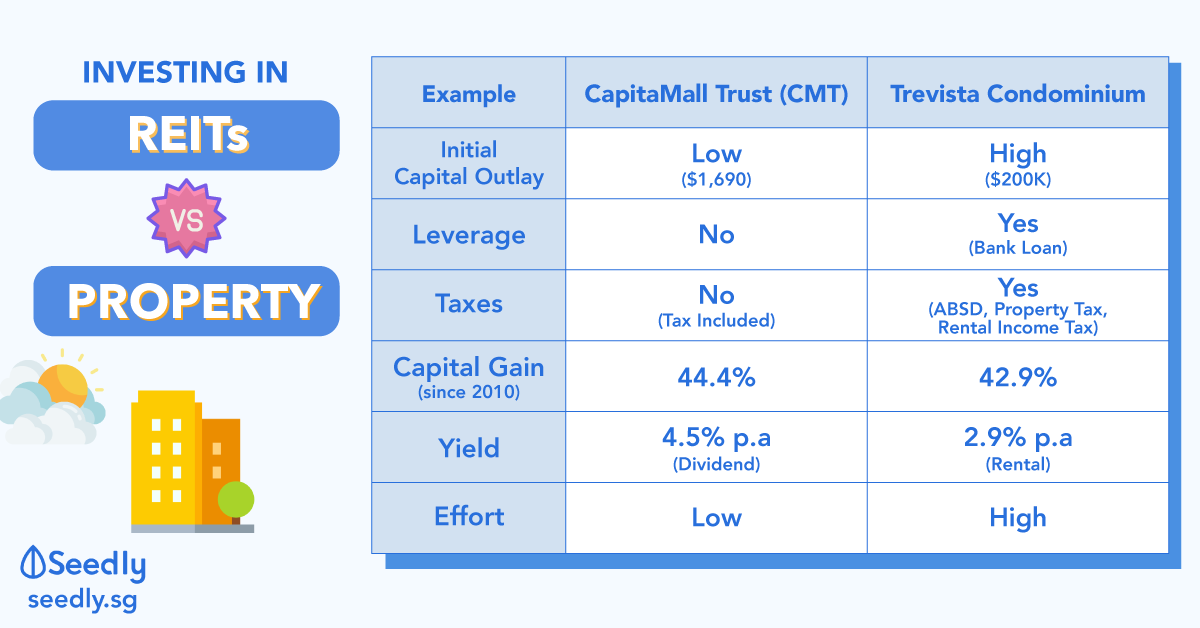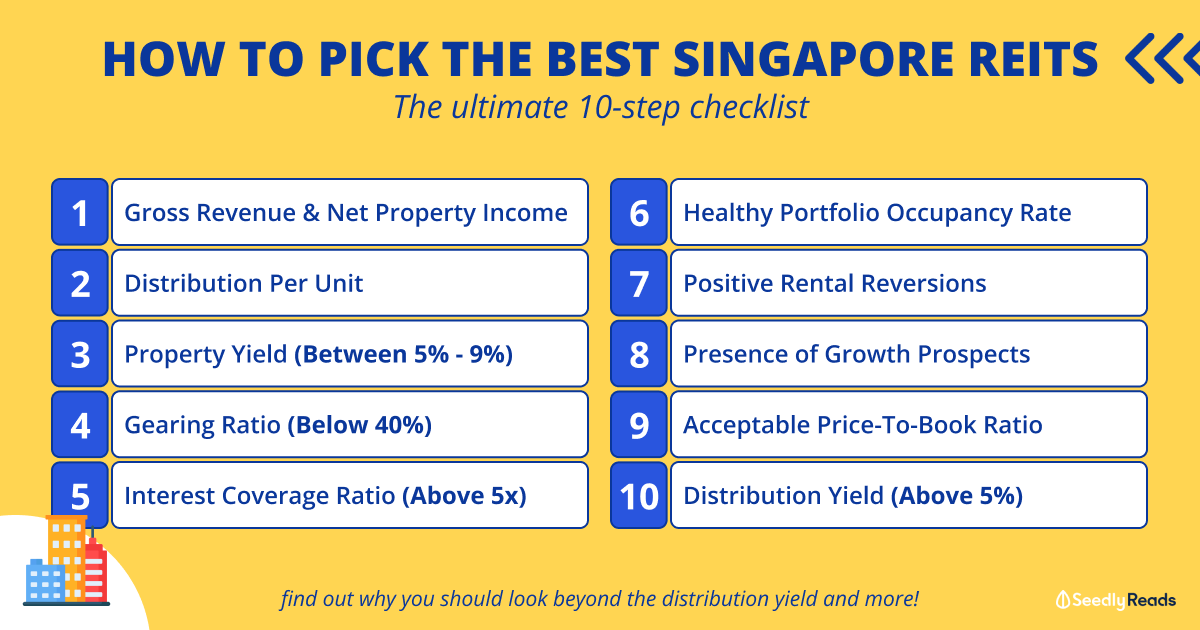Advertisement
Anonymous
Would it be better to invest in 100% REITs or REITs+bonds with Syfe?
Hi! im fresh out of junior college and have recently started investing a bit in syfe, but am confused about reits and bonds.
4
Discussion (4)
Learn how to style your text
Ng Wei En
08 Jun 2020
Analyst at Mastercard
Reply
Save
Go to libbyapp.com and login via your NLB account, and go borrow as many personal finance / value investing books. Borrow books that are written from a practictioner perspective. Can start with beginer friendly:
The Five Rules for Successful Stock Investing by Pat Dorsey
The Ultimate Dividend Playbook: Income, Insight, and Independence for Today's Investor, Josh Peters
If books are not your cup of tea, there are a couple good US financial youtubers to follow
Graham Stephan: https://www.youtube.com/channel/UCV6KDgJskWaEck...
Reply
Save
Write your thoughts
Related Articles
Related Posts
Related Products

Syfe
4.6
934 Reviews
Syfe
ETFs, Equities, Bonds, REITs, Gold
INSTRUMENTS
0.4% to 0.65%
ANNUAL MANAGEMENT FEE
None
MINIMUM INVESTMENT
N/A
EXPECTED ANNUAL RETURN
Web and Mobile App
PLATFORMS

StashAway
4.7
1295 Reviews

Endowus
4.7
658 Reviews
Related Posts
Advertisement









I have been using Syfe for a while now and have holdings in both of the portfolios you mentioned.
As the name implies, the 100% REITs portfolio give you exposure to REITs and only REITs via the iEdge S-Reit Index which invest in the top 20 S-REITs in Singapore. You will expect more volatility as the value of your shares in REITs will fluctuate more from time to time. However, you will stand to receive dividends on all of your capital.
On the other hand, the REITs with Risk Management portfolio comprises of both S-REITs(replicates the iEdge S-Reit Index) and bonds(ABF Singapore Bond Index Fund). The ratio of REITs to bonds is determined by Syfe's "automated risk management" strategy. It takes in a variety of parameters before deciding on the optimal proportion of REITs to bonds. At the time of writing, the portfolio allocates 54.4% to REITs and 44.3% to bonds. Remaining 1.2% in cash is probably earmarked for monthly management fees. The bonds are less susceptible to economic performance and you will expect this portfolio to be more stable.
TLDR: 100% REITs for more returns when stock market thrives; REITs with risk-management for better stability at the expense of some potential returns.